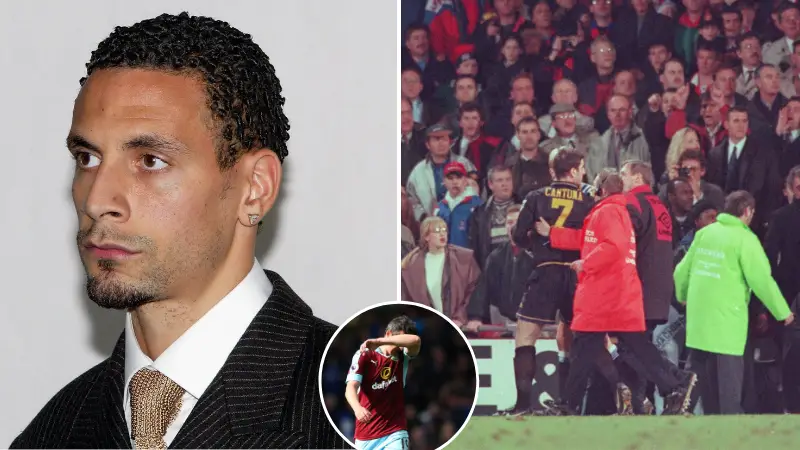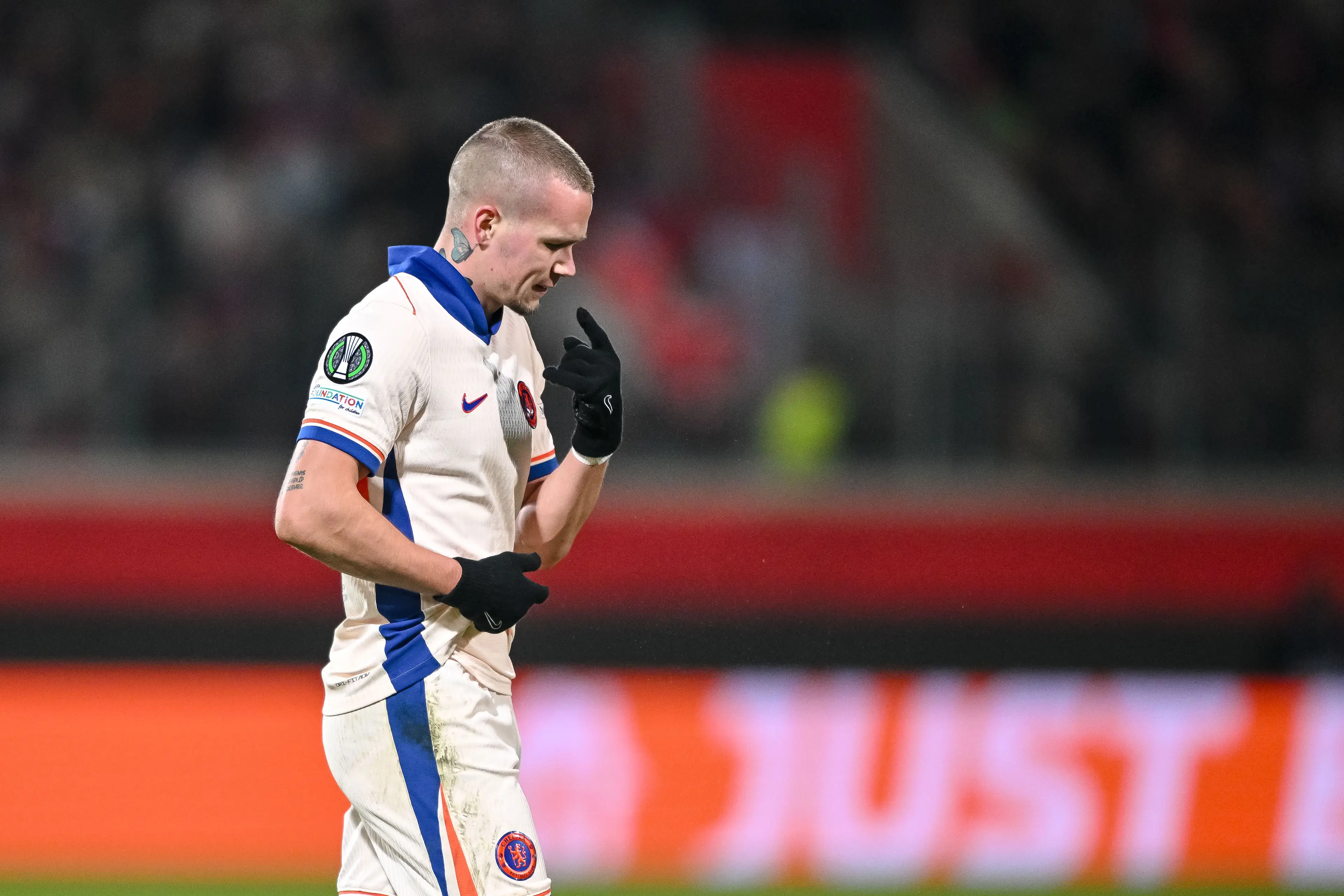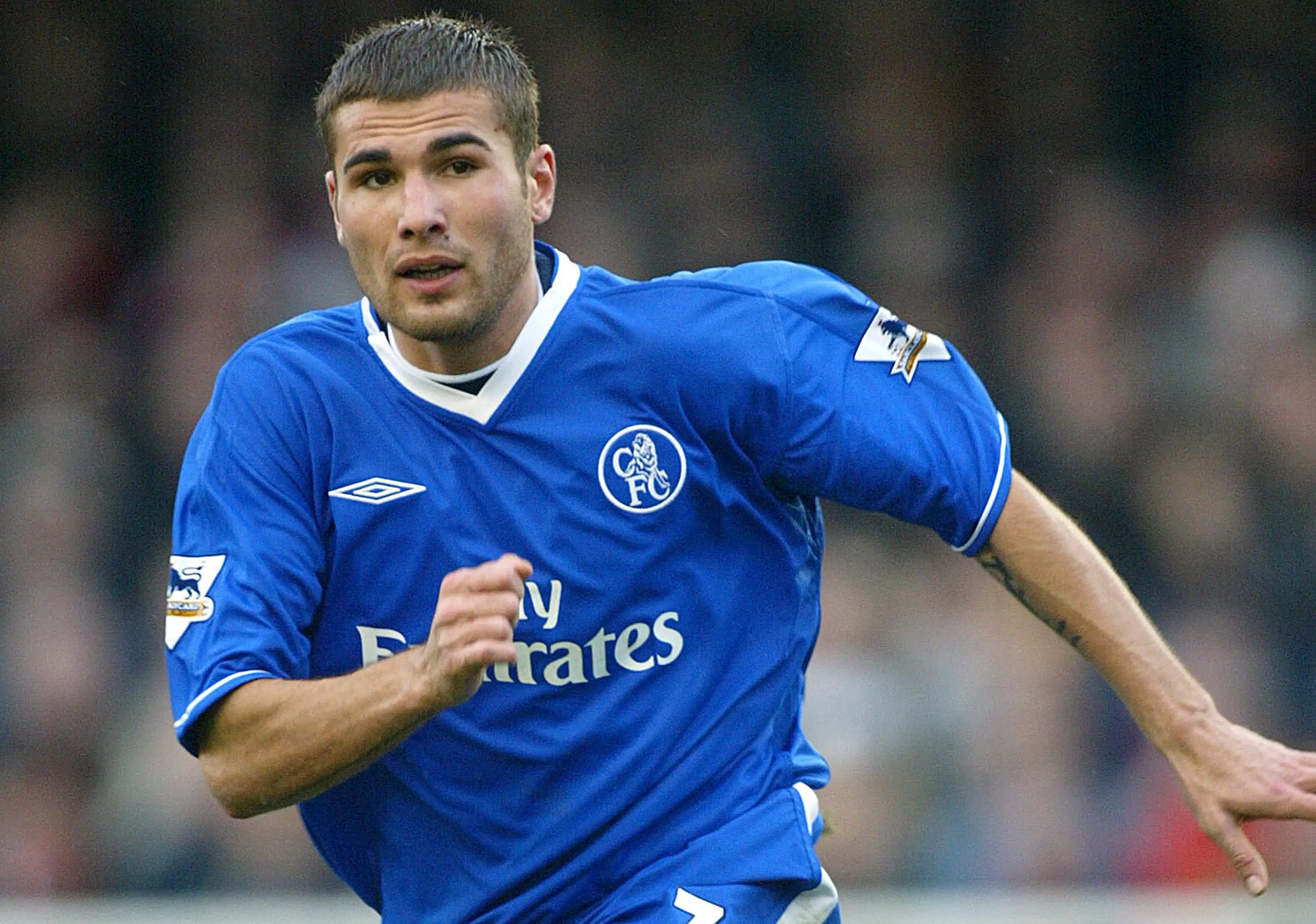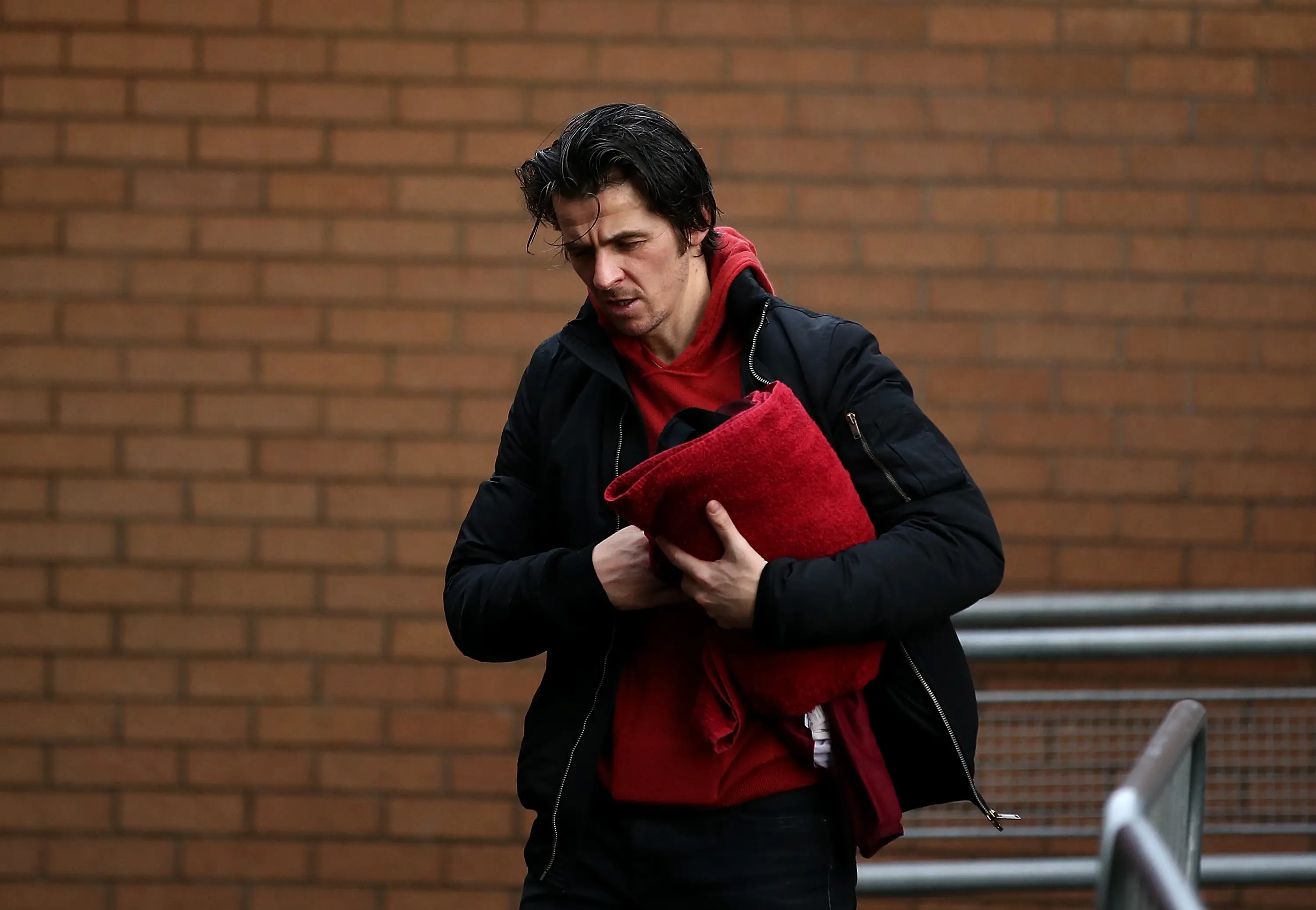
Chelsea winger Mykhailo Mudryk is facing a potential ban of up to four years after "an adverse finding" was found in a routine urine test.
The 23-year-old Ukraine international, who last played for Chelsea in the Europa Conference League on November 28, has been notified of a positive drugs test by the Football Association.
Mudryk, meanwhile, says he has “never knowingly used any banned substances or broken any rules". A routine doping test in August was negative.
"I can confirm that I have been notified that a sample I provided to The FA contained a banned substance," the Ukraine international said on Instagram.
Advert
"This has come as a complete shock as I have never knowingly used any banned substances or broken any rules, and am working closely with my team to investigate how this could have happened."
He added: "I know that I have not done anything wrong and remain hopeful that I will be back on the pitch soon. I cannot say any more now due to the confidentiality of the process, but I will as soon as I can."
A report from The Athletic suggests Mudryk returned a positive sample while on international duty with Ukraine last month, with the alleged substance in question being meldonium.
Mudryk could face a potential ban of up to four years under FA rules. For the time being, Mudryk has been informed of a positive test and provisionally suspended before a decision is taken on a formal charge.

Here is a look at some of the longest bans in English football history.
Paolo Di Canio - 11 games, 1998
Di Canio once received an 11-game ban in 1998 after he pushed referee Paul Alcock to the ground during a clash between his Sheffield Wednesday side and Arsenal.
In a subsequent hearing, Di Canio apologised to the referee and an eight-game ban was awarded on top of his original red card punishment.
Luis Suarez - 4 months, 2014
Luis Suarez memorably bit Italy defender Giorgio Chiellini during a World Cup group stage match between Uruguay and Italy in 2014.
The authorities banned then-Liverpool striker Suarez from 'all football-related activities' for four months - and he missed the first part of the new La Liga season after signing for Barcelona that summer.
Vinnie Jones - 6 months, 1992
Vinnie Jones received a ban received in 1992 that had nothing to do with an on-field incident.
Instead, Jones presented a video titled 'Soccer's Hardest Men' – a video which the FA deemed had 'glorified' violence in football. The midfielder was handed a six-month suspension as a result.
Kolo Toure - 6 months, 2011
In 2011, Kolo Toure tested positive for a banned substance, and later admitted taking 'an unspecified substance contained in some water tablets he obtained through his wife'.
A six-month ban was handed out to the Manchester City defender, although the chairman of the commission that ruled on the case was satisfied that Toure "did not intend to enhance sporting performance or to mask the use of a performance enhancing substance".
Adrian Mutu - 7 months, 2004
Mutu was handed a seven-month ban in 2004 after testing positive for cocaine - an offence he had publicly admitted to.
The then-Chelsea striker did not play another game for the club after the ban, and signed for Juventus while still suspended in January 2005.

Rio Ferdinand - 8 months, 2003
Rio Ferdinand was handed an eight-month ban in 2003 after he missed a drugs test. The then-Manchester United defenderr was found guilty of misconduct by the FA, and missed England's Euro 2004 campaign as a result.
Eric Cantona - 9 months, 1995
In one of the most infamous incidents in football history, then-Manchester United forward Eric Cantona was handed a nine-month ban after kung-fu kicking a Crystal Palace fan during a game between the two sides in 1995.
Cantona, who could only play friendly matches in training, was even linked with a move away from Old Trafford but manager Sir Alex Ferguson convinced him to stay.
The Frenchman ended his career in Manchester before retiring in 1997.
Mark Bosnich - 9 months, 2002
Then-Chelsea goalkeeper Mark Bosnich was banned for nine months after testing positive for cocaine in 2002.
The FA ruled that he was guilty of charges of improper conduct and breaching their doping control regulations, and his Chelsea contract was terminated.
The Australian maintained in an interview with The Guardian in 2004: "I got talking to a girl who later admitted that she had slipped the drug into her drink. I must have had a sip of her glass."
Joey Barton - 13 months, 2017
Joey Barton received the second-longest recorded ban in English football history in 2017 over breaches of betting rules, having previously admitted a misconduct charge brought by the FA.
Although the initial 18-month ban was reduced by almost five months on appeal, the punishment brought an end to his playing career.

Enoch West - 30 years, 1915
The longest ban ever in English football history was awarded to Manchester United's Enoch West in 1915.
Then 29 years of age, West had spent five seasons in Manchester, scoring 21 goals in the first division in the 1912/13 season but he was banned for life by the FA for match fixing, along with four United players and three Liverpool players.
The other players were able to return to playing after accepting a condition of the ban, which was that they would fight in the First World War and then have their bans uplifted.
West didn't accept the FA's offer, and despite eventually having his ban lifted in 1945, had spent an incredible 30 years out of the game by that point.
Topics: Chelsea, Premier League